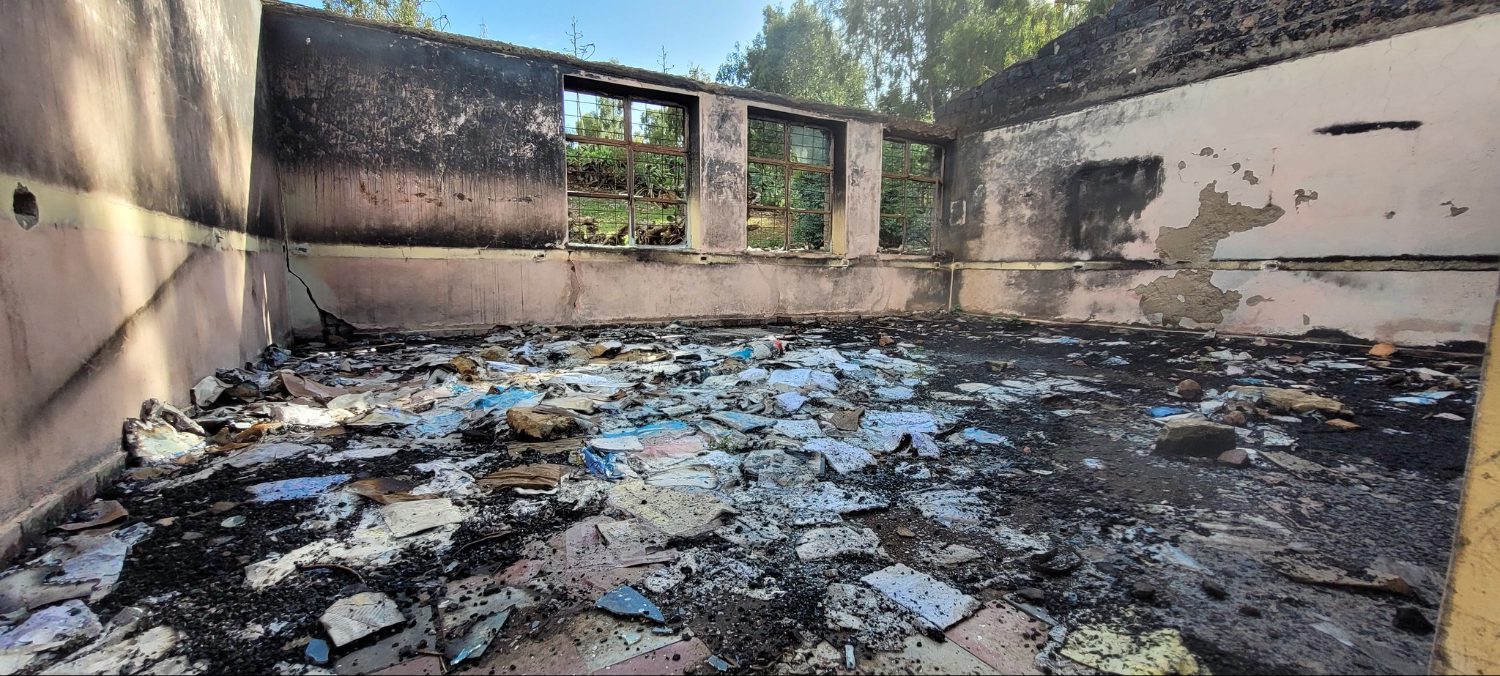On the anniversary of Meles Zenawi’s death six years ago, the WPF has published a new Occasional Paper, “The Future of Ethiopia: Developmental State or Political Marketplace?” by Alex de Waal. In it, de Waal notes that “Today’s changes in Ethiopia are rapid, confusing and disruptive. They promise openness and democratization, but also contain perils. Like many others, I am struggling to place them in a context that allows me to make sense of what is happening now and what may happen in the near future.” He draws on two prisms through which to assess the situation: the ‘democratic developmental state’ as articulated by Meles Zenawi in a series of discussions held with the author between 1988 and 2012, and de Waal’s formulation of the ‘political marketplace.’
Today’s changes in Ethiopia are rapid, confusing and disruptive. They promise openness and democratization, but also contain perils. Like many others, I am struggling to place them in a context that allows me to make sense of what is happening now and what may happen in the near future.
I find much of the commentary on Ethiopia’s current predicament to be polarized, generalized or not sufficiently attuned to the specifics of the country’s recent history. In my case, one prism through which I interpret Ethiopian developments is the analysis derived from numerous discussions that I had with Meles Zenawi between 1988 and 2012. I initially developed the framework of the ‘political marketplace’ as a critique of Meles’s theory of the ‘democratic developmental state’. In particular, I saw monetized or marketized politics as a threat to the state-led developmental order that Meles envisioned: I argued that as well as the two scenarios he envisaged, namely economic transformation versus a relapse into poverty and chaos, there was a third: a political marketplace.
The rationale for this paper is that these two frameworks, the developmental state and the political marketplace, offer analytical insights that are important for understanding Ethiopia today.
This paper has two parts. The first is based on those conversations with Meles. I have notes from many of them (especially from the period 2007-2012) and recollections of others. I have organized them into the themes of the developmental state, democracy and nationalism, and foreign policy and security strategy. In each case what I present are amalgams of notes, verbatim transcripts, and a few inferences. They are rearranged for coherence.
The second part asks questions relevant to Ethiopians today. I use the conceptual vocabulary of the developmental state and the political marketplace, to point to some lessons that might be learned and applied.


